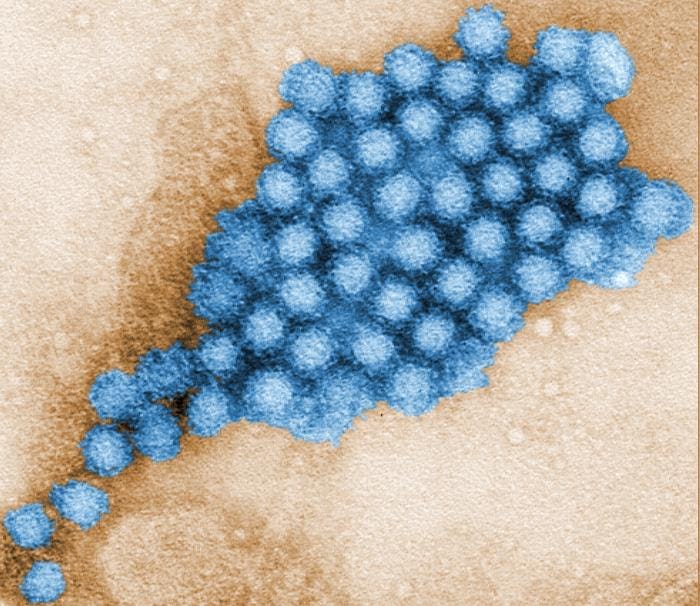Brace yourselves, because winter flu season has arrived. The majority of norovirus outbreaks occur during the winter months in the United States. It's a very unpleasant illness that inflames your stomach and intestines, which causes stomach pain, nausea, and diarrhea in those who contract it. According to the Centers for Disease Control and Prevention (CDC), it's a highly contagious virus that can infect anyone. There are multiple ways norovirus can be transmitted, so it's important to stay hyper vigilant about germs and cleanliness from November to April, so that you don't contract it yourself.
While it's true that anybody can contract norovirus, the symptoms are especially serious for young children and older adults. The virus thrives in closed in places and can spread very quickly in environments such as daycare centers, nursing home, and schools. The CDC states a person can become infected with norovirus by "accidentally getting stool or vomit from infected people in your mouth." Yes, that sounds pretty gross and seems like it would make it relatively difficult to spread norovirus around. The problem is, though, this happens way more often than you may realize.
The CDC cites that the transmission of norovirus usually occurs through eating food and drinking liquids that are contaminated. Surfaces or objects that have been exposed to the virus also help spread the illness, as well. Coming into contact with somebody who already has the virus by sharing a drink or utensils can also quickly spread the contagion.
There are ways to stop the spread of norovirus, though. The first, and most obvious, is to keep washing your hands. (Hand sanitizer does nothing to stop norovirus, though, so don't bother stocking up if the office catches it.) If you're in situation with high exposure, such as at work or riding public transportation, you don't necessarily have to constantly run to the bathroom every five minutes to keep your hands clean — just try to keep your hands away from your face and wash your hands often.
Sometimes you might even contract norovirus in the comfort of your own home, as children can contract the norovirus at school, and remain asymptomatic for several days. To prevent them from spreading it you or their siblings, regularly clean any objects or surfaces that are commonly touched by your family members — including kitchen counter tops, door knops, and sink faucets — with hot water and bleach.
Because norovirus isn't bacterial, there are no antibiotics to treat it. If you end up catching the virus this winter, the CDC recommends drinking plenty of liquids. This will help replace the fluids lost from vomiting and diarrhea. Hopefully, though, it won't come to that.
Remember: Washing your hands is key to preventing the transmission of norovirus if you already have it — and if you don't want it to spread to anyone else, keep yourself or your kids home and in bed, and basically? Bleach everything.
